How Long Does Vinyl Siding Last?
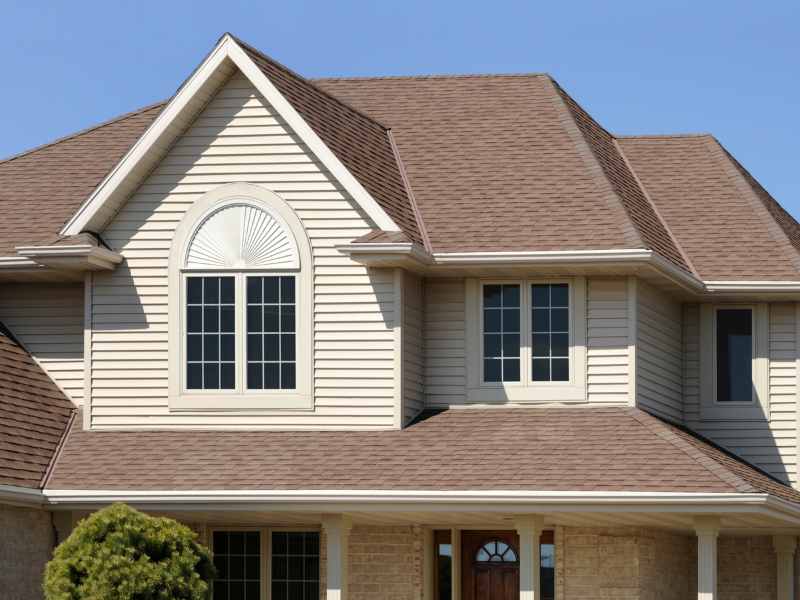
Thinking about your home’s exterior? Let’s talk about vinyl siding. Many homeowners ask, “How long does vinyl siding last?” It’s an important question when you’re looking to protect and beautify your house.
Vinyl siding is popular for good reasons. It’s tough, looks nice, and doesn’t need much care. But like everything on your house, it won’t last forever.
In this article, we’ll explore the lifespan of vinyl siding. We’ll look at what affects how long it lasts and when you might need to replace it. We’ll also touch on siding installation, because doing it right from the start can make a big difference.
Whether you’re thinking about getting new siding or wondering if it’s time to replace your old one, this guide is for you.
What Is the Average Lifespan of Vinyl Siding?
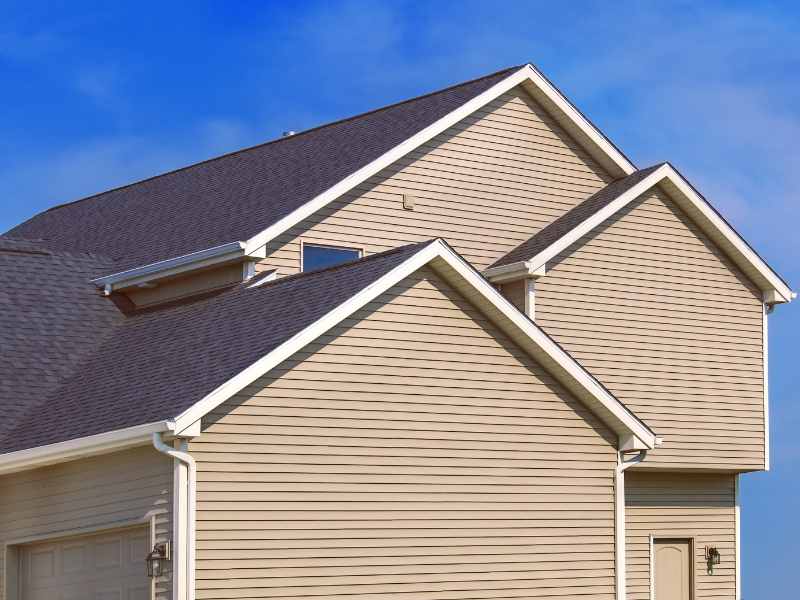
The average lifespan of vinyl siding typically ranges from 20 to 40 years. This variation depends on several factors, including the quality of the material, the installation process, and environmental conditions.
Proper Installation and Quality of Material
The lifespan of vinyl siding is significantly influenced by the quality of the material used and the installation process. High-quality vinyl siding tends to last longer, low maintenance, and perform better over time. Additionally, proper installation by a professional siding contractor ensures that the siding is securely attached, properly sealed, and adequately protected from the elements.
Factors That Affect Vinyl Siding’s Lifespan
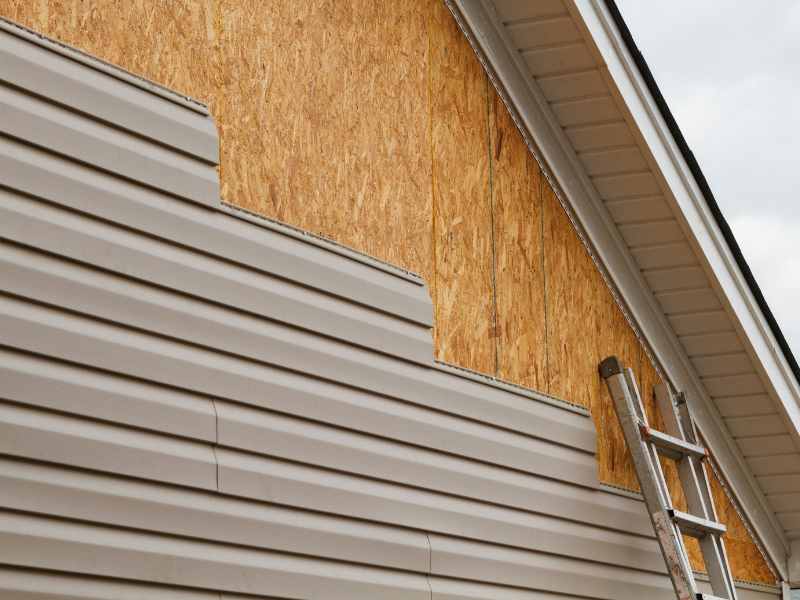
Proper Installation and Maintenance
Ensuring that vinyl siding is properly installed is important for its longevity. Hiring an experienced siding contractor can make a significant difference. Professional siding installers know how to attach the siding securely and ensure it is well-sealed, protecting your home from water leaks and excess moisture.
Regular maintenance is also essential for extending the lifespan of vinyl siding. Homeowners should inspect their siding periodically for any loose boards, cracks, or other signs of damage. Cleaning the siding with a garden hose or a power washer helps remove dirt, mildew, and other contaminants that can degrade the material over time.
Environmental Factors
Environmental conditions play a significant role in determining how long vinyl siding lasts. Vinyl siding is designed to withstand various weather conditions, but extreme weather can take its toll.
Extreme Weather Conditions
Vinyl siding is generally durable and resistant to many weather conditions. However, extreme weather events like hail storms, high winds, and prolonged exposure to UV rays can cause damage. In regions with extreme temperature changes, vinyl siding can expand and contract, potentially leading to warping or cracking if not properly installed.
Temperature Changes
Vinyl siding is engineered to handle temperature fluctuations, but extreme heat and cold weather can impact its performance. In hot climates, vinyl siding may soften and become more susceptible to impact damage. Conversely, in very cold climates, the material can become brittle and crack more easily.
Comparing Vinyl Siding to Other Siding Materials
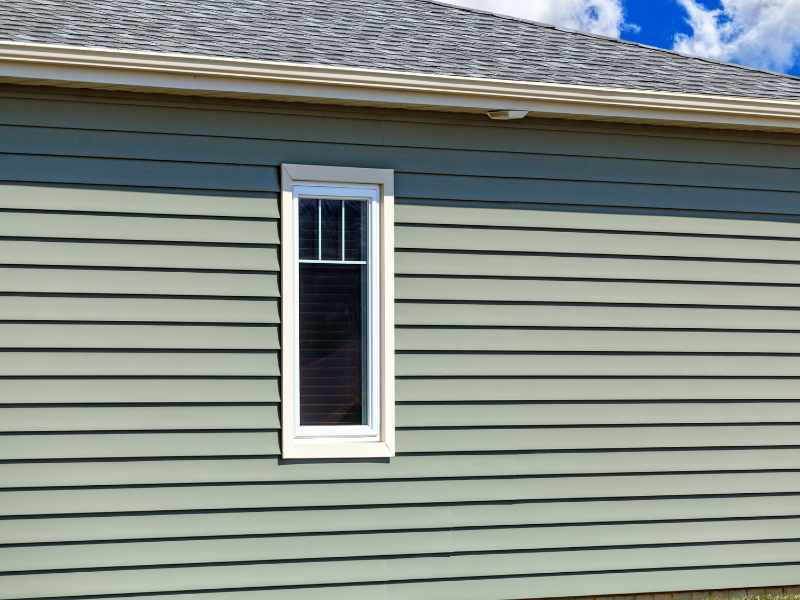
When considering the lifespan of vinyl siding, it’s helpful to compare it to other popular siding materials. Each material has its own advantages and disadvantages in terms of durability, maintenance, and overall performance.
Vinyl Siding vs. Fiber Cement Siding
Fiber cement siding is known for its exceptional durability and can last up to 50 years or more. Unlike vinyl, fiber cement siding requires regular maintenance, including painting to prevent peeling paint and moisture damage. While fiber cement is more expensive upfront, its longevity and resistance to extreme weather conditions make it a strong contender for homeowners seeking a durable siding option.
Vinyl Siding vs. Wood Siding
Wood siding, such as cedar siding, offers a natural and classic look but requires extensive maintenance to protect against moisture problems, peeling paint, and fungus growth. The lifespan of wood siding varies depending on the type of wood and the level of care it receives. Properly maintained wood siding can last 20 to 40 years, similar to vinyl siding, but it demands more upkeep.
Vinyl Siding vs. Aluminum Siding
Aluminum siding is durable and resistant to rust and corrosion, making it a reliable choice for many homeowners. However, aluminum can dent easily and may not offer the same level of aesthetic appeal as today’s vinyl siding. The lifespan of aluminum siding ranges from 20 to 30 years, slightly shorter than that of high-quality vinyl siding.
Vinyl Siding vs. Steel Siding
Steel siding is highly durable and can withstand extreme weather conditions, including high winds and hail storms. It is less prone to damage compared to vinyl siding but can be more expensive and challenging to install. The lifespan of steel siding is typically 40 to 50 years, making it one of the longest-lasting siding materials available.
ALSO READ: Best Metal Roof and Siding Color Combinations
Signs It’s Time to Replace Your Vinyl Siding
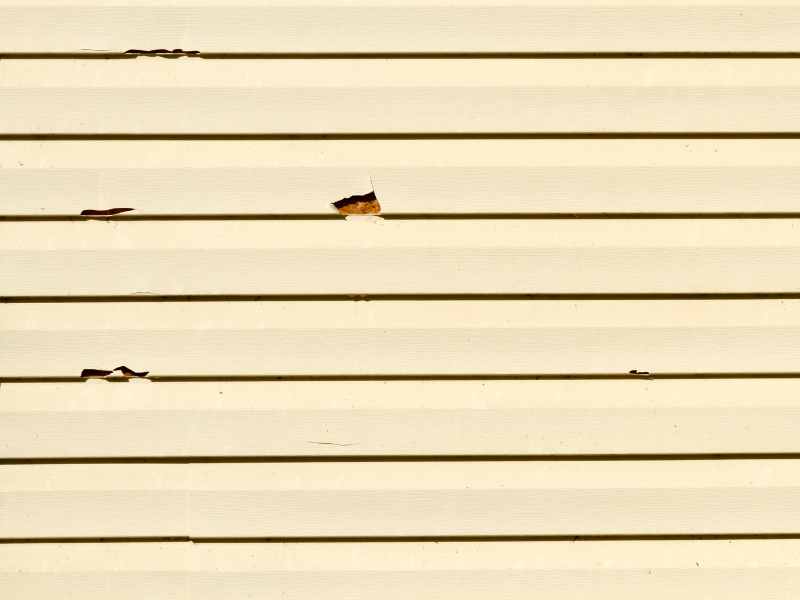
Over time, vinyl siding may show signs of wear and damage that indicate it needs to be replaced. Recognizing these signs early can help prevent further damage to your home’s exterior and maintain its energy efficiency.
Identifying Signs of Damage
Common signs that your vinyl siding needs replacement include warped boards, cracks, and loose sections. If you notice significant damage, it’s essential to address these issues promptly to protect your home’s structural integrity.
Impact on Energy Efficiency
Damaged siding can lead to increased utility bills as it affects your home’s insulation and ability to maintain a consistent temperature. Replacing old or damaged vinyl siding can improve energy efficiency, reducing your heating and cooling costs.
Moisture Problems
Excess moisture behind the siding can lead to mold and fungus growth, causing further damage to your home’s exterior. Inspecting your siding for signs of water leaks or moisture problems can help you determine when it’s time for a siding replacement.
Enhancing The Vinyl Siding Lifespan
Proper care and maintenance can significantly enhance the lifespan of your vinyl siding. Regular inspections, cleaning, and addressing minor issues promptly are essential practices.
Additional Protection Measures
Incorporating foam insulation and two layers of vinyl siding can provide added protection against extreme weather conditions and improve energy efficiency. These measures help maintain a stable indoor temperature and reduce the risk of damage from temperature fluctuations.
Protection from UV Rays
UV rays can cause vinyl siding to fade over time. Using UV-resistant coatings or treatments can help protect the color and integrity of the siding, ensuring it remains vibrant and effective in protecting your home.
When to Consider Siding Replacement
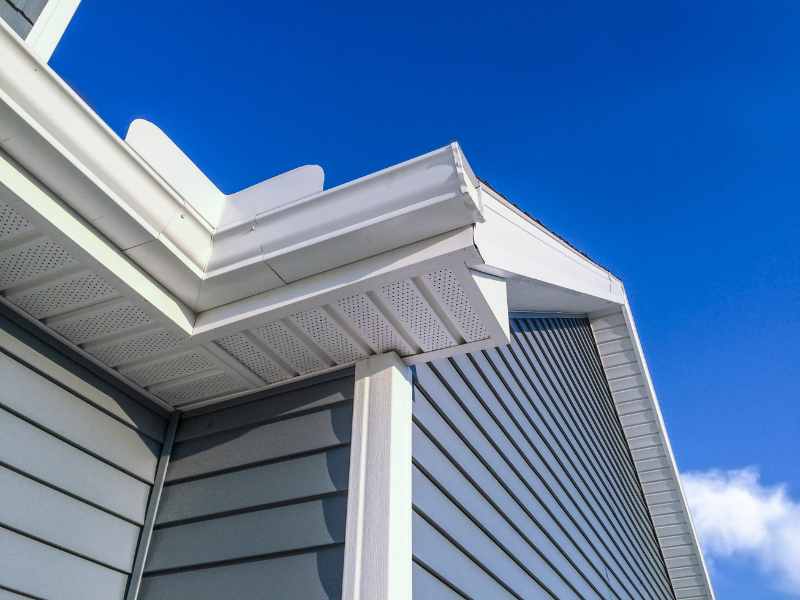
Knowing when to replace your vinyl siding can save you time, money, and potential headaches. Assessing the condition of your siding and understanding the benefits of new siding are crucial steps in making an informed decision.
Evaluating the Extent of Damage
Significant damage such as large cracks, extensive warping, and widespread moisture problems indicate that it’s time to replace your vinyl siding. While minor repairs can extend the life of your siding, severe issues often warrant a complete siding replacement.
Cost-Effectiveness of Repairs vs. Replacement
Weighing the costs of continual repairs against the investment in new siding can help you determine the best course of action. In many cases, replacing vinyl siding can be more cost-effective in the long run, reducing maintenance expenses and improving the overall performance of your home’s exterior.
Benefits of Installing New Siding
Replacing your vinyl siding offers several advantages beyond addressing existing issues:
Improved Energy Efficiency
New vinyl siding, especially when combined with foam insulation, can enhance your home’s energy efficiency. This can lead to lower energy bills by better regulating indoor temperatures and reducing heating and cooling costs.
Enhanced Curb Appeal
Installing new siding can significantly boost your home’s curb appeal. Modern vinyl siding comes in a wide variety of colors and styles, allowing you to update the look of your home and increase its market value.
Better Protection Against Extreme Weather
Today’s vinyl siding is designed to withstand extreme weather conditions, from high winds to hail storms. Replacing old siding with new, durable materials can provide better protection for your home against the elements.
Choosing the Right Siding Contractor
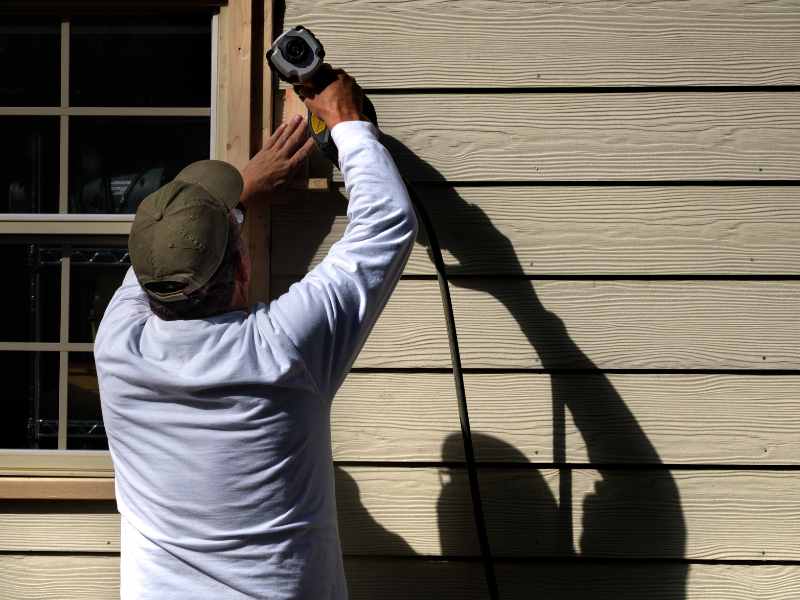
Selecting the right siding contractor is crucial for a successful siding replacement project. A skilled and experienced contractor ensures proper installation and helps you choose the best materials for your home.
Importance of Selecting an Experienced Contractor
An experienced siding contractor brings expertise and knowledge to the project, ensuring that your new siding is installed correctly and efficiently. Look for roofing and siding contractors with a solid track record and positive customer reviews.
Tips for Finding the Right Professional
When searching for a siding contractor, consider the following tips:
Check Reviews and References
Reading online reviews and asking for references from past clients can give you insight into a contractor’s reliability and quality of work. Positive feedback and completed projects are good indicators of a reputable contractor.
Ask for a Free Estimate
Requesting a free estimate from potential contractors allows you to compare pricing and services. This can help you make an informed decision and ensure that you receive fair and competitive pricing for your siding replacement.
Verify Licensing and Insurance
Ensure that the contractor is licensed and insured. Proper licensing indicates that the contractor meets local building codes and standards, while insurance protects you from potential liabilities during the project.
Questions to Ask Potential Contractors
When interviewing potential contractors, consider asking the following questions:
- How many years of experience do you have with vinyl siding installation?
- Can you provide references from recent projects?
- What is the estimated timeline to install vinyl siding or replace vinyl siding?
- What type of warranty do you offer on your work and materials?
- How do you handle unexpected issues that may arise during the project?
In Summary
Understanding the lifespan of vinyl siding and the factors that influence it can help homeowners make informed decisions about maintenance and replacement. Regular inspections, proper care, and timely replacement ensure that your home’s exterior remains durable, energy-efficient, and visually appealing for many years.
If you’re considering replacing your vinyl siding or need professional maintenance services, contact our experienced siding contractors. Our team is dedicated to helping you choose the best siding options for your home and ensuring a high-quality siding installation that enhances your property’s curb appeal and durability.